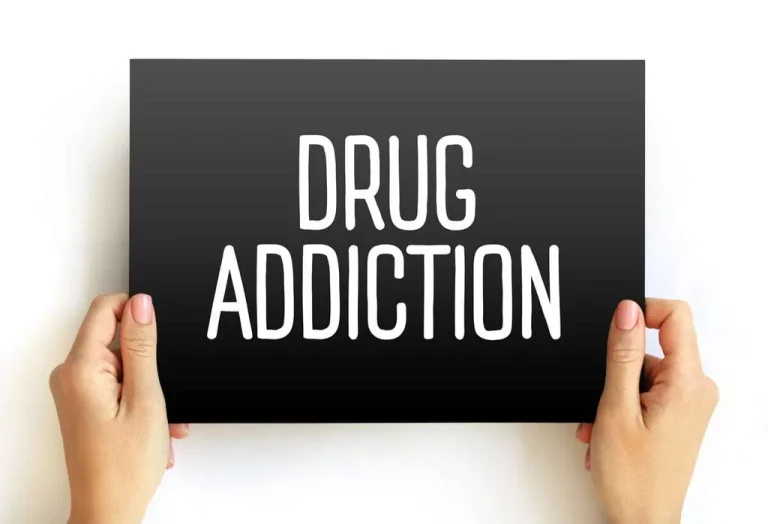
As an individual dealing with alcoholism, it’s important to understand that self-medicating with vitamins and supplements can pose several risks. Alongside herbal remedies, it’s essential to consume antioxidants to help neutralize free radicals—harmful molecules that can damage cells in your body. Anemia occurs when your body https://ecosoberhouse.com/ doesn’t have enough red blood cells to carry oxygen to its tissues. It’s crucial to engage with your healthcare provider when considering vitamin supplementation as a means of support during your recovery. Multivitamins typically contain adequate amounts of necessary vitamins and minerals for the day. These are recommended due to the decreased intake and absorption from chronic alcohol intake, putting alcohol drinkers at higher risk for deficiency.
Find out more about our admissions process
Remember, healthcare providers are there to support you and are equipped to help you make the most informed choices possible on your journey to recovery. Reaching out to them for personalized care is a key step in taking charge of your health and ensuring a safe, effective approach to supplementation. Group therapy and participation in programs like Alcoholics Anonymous can also provide a valuable support system for individuals in recovery. It’s good to consider integrating herbal remedies like milk thistle into your recovery plan. Additionally, magnesium may be considered to aid in recovery and muscle relaxation.
Inhibiting Nutrient Absorption
Wild proteins, like bison, venison, elk, lamb, and wild fish are nutrient-dense and can help support liver health, which plays a big role in metabolism and energy levels. Plus, protein triggers the release of glucagon, a hormone that promotes fat burning, and CCK, which signals your brain that you’re best vitamins for recovering alcoholics full. This helps curb those alcohol and processed food cravings that can put extra strain on your liver and slow down detox processes.
- Consult your doctor about drinking and any medications or supplements you are currently taking.
- Alcoholics who begin a program of nutrient repair often incorporate a multivitamin, among other supplements, to help cover a wide range of nutritional bases.
- As an individual dealing with alcoholism, it’s important to understand that self-medicating with vitamins and supplements can pose several risks.
- Vitamins and supplements may restore normal blood circulation for a recovering drug addict.
Diet for Alcohol Recovery
It’s important to remember that seeking professional medical guidance and support is crucial throughout the recovery journey. Alcohol withdrawal can be dangerous and should be supervised by healthcare professionals. They can provide personalized recommendations for supplementation and ensure safe and effective usage.


Over 178,000 Americans die every year due to misuse of alcohol, making it the third most avoidable cause of death in the country. Even though these numbers are scary, only 7.6% of people who needed alcohol help in 2020 actually got it. Most people can benefit from alcohol therapy, especially if they seek it early enough since recognizing the stages and timeframe of alcoholism is critical for a successful recovery.

Although it is mainly known for playing a role in motor control, the midbrain can also increase cravings for drinking and stop the desire to eat. Over time, the body will work through its nutrient stores but will not have enough new nutrients from food to work properly. Stimulants such as cocaine and meth may greatly suppress the appetite and cause extreme weight loss. Addicts and alcoholics may often suffer from dehydration and a lack of sleep. Depending on the amount of weight they have lost, returning to healthy diets may be difficult. Drug detox vitamins may be a desirable way to add nutrients until people are healthy enough to obtain nutrients through regular diets.
- With my addiction and withdrawal, and explore the research behind them.
- A balanced diet supports physical healing, improves mental health, and is an integral part of a successful recovery process.
Be careful with trigger foods.
Whole grains, milk, eggs, and liver are perhaps the best food sources for B5, or Pantothenic Acid. Chronic alcohol use causes the body to excrete too much magnesium and other electrolytes through urination, often resulting in a magnesium deficiency. Chronically low levels of magnesium can cause nausea, heart palpitations, stiffness, muscle spasms, general Sober living home body weakness, and increase the risks of high blood pressure and type-2 diabetes. Various studies show that vitamin C reduces stress and anxiety and decreases the severity of depression (62-67). It might seem unbelievable but there is research demonstrating vitamin C’s usefulness in overcoming addiction and reducing withdrawal symptoms. In animals, zinc reduces the intensity of morphine dependence, and zinc chelators worsen withdrawal symptoms (76, 77, 78).






